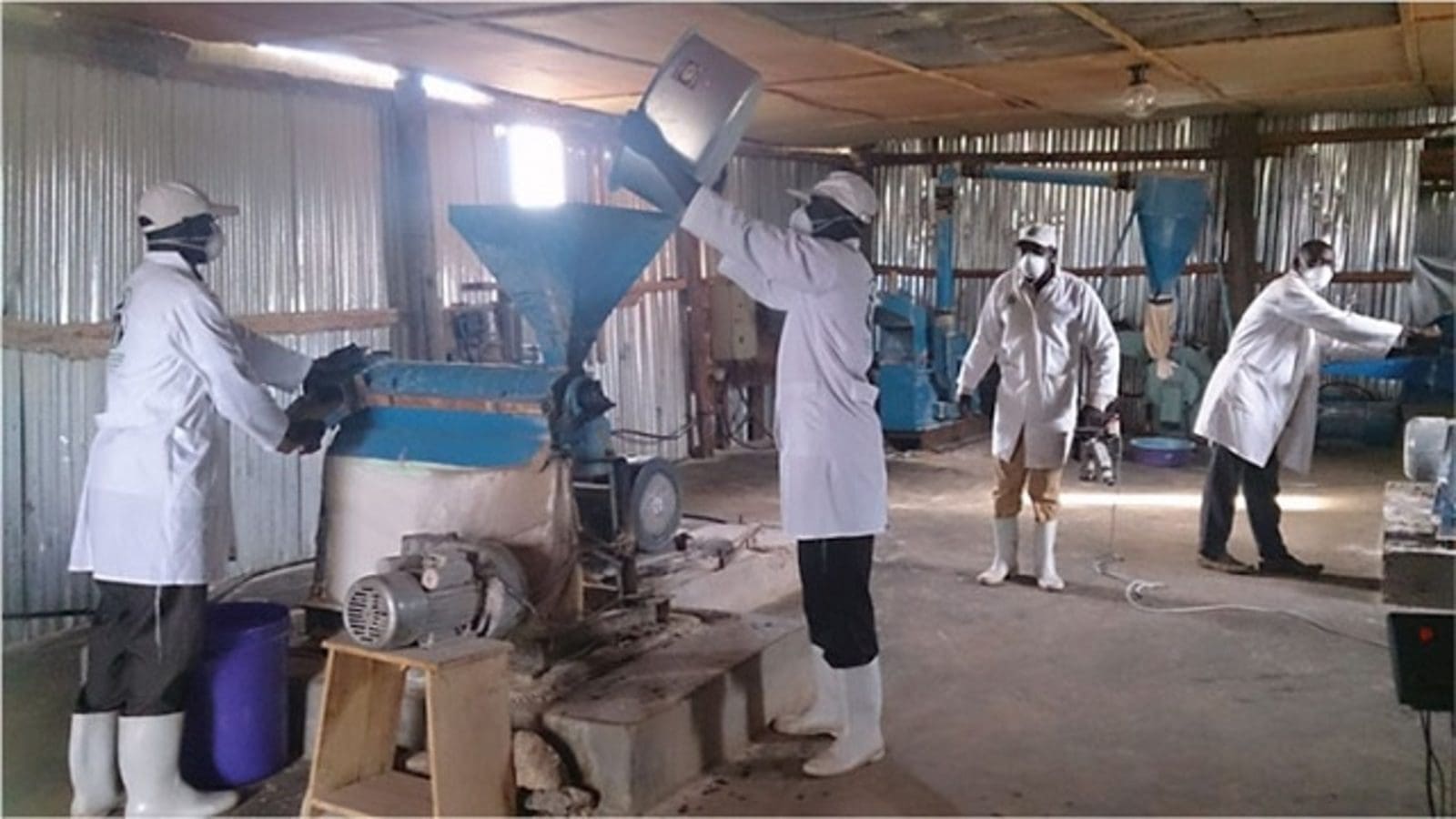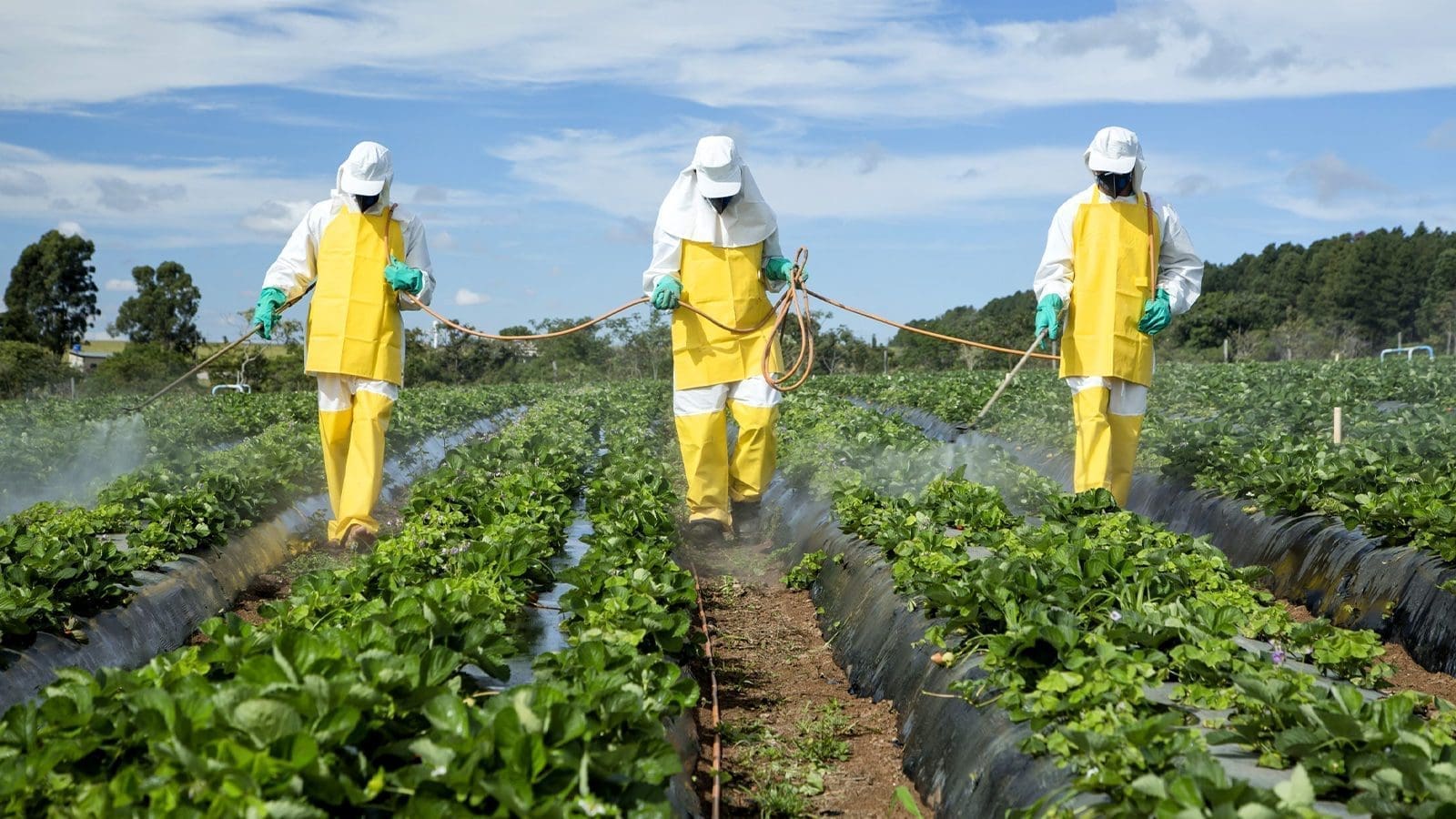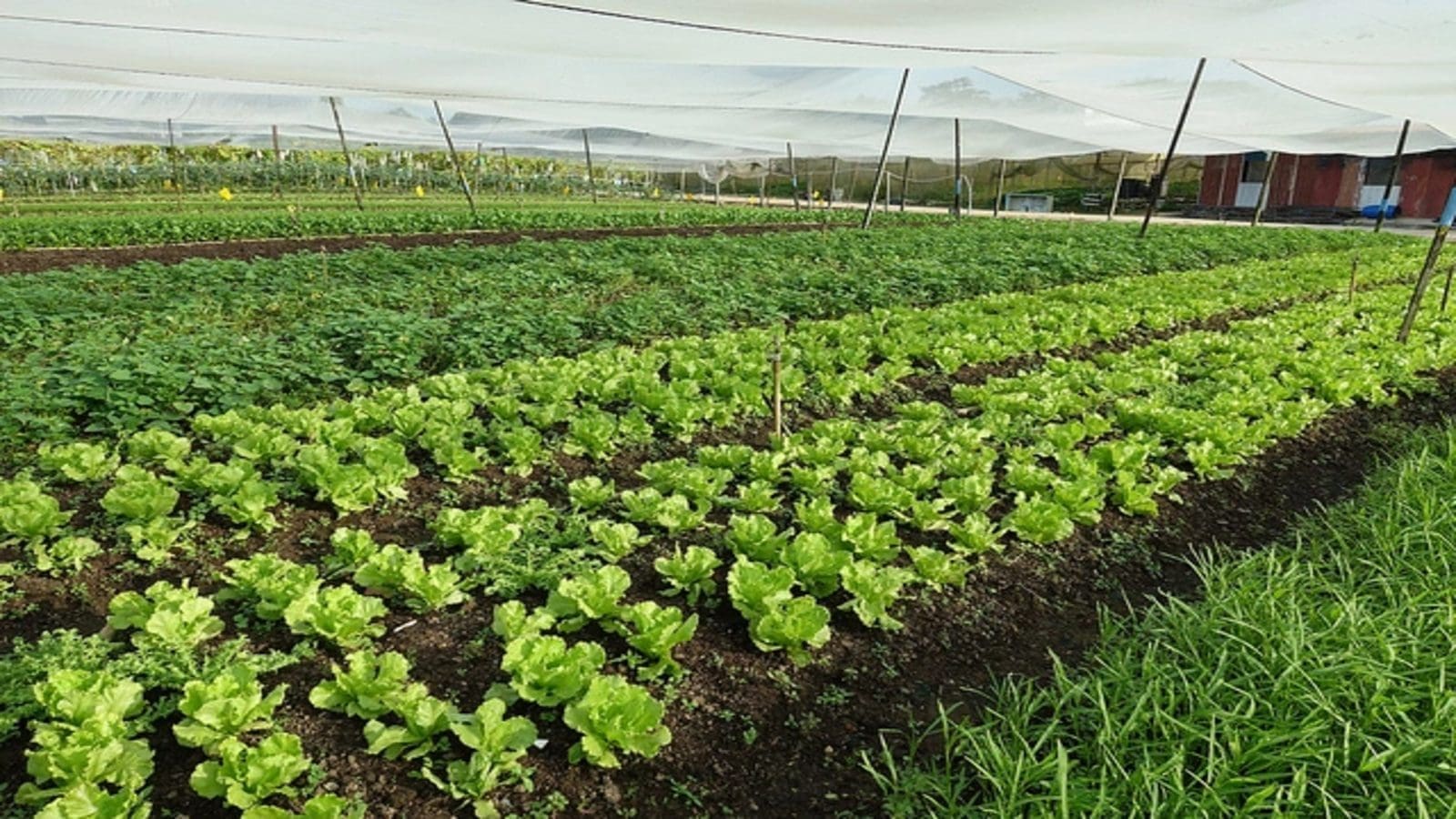UGANDA – Subsequent to the expiry of the grace period extended to the maize millers, processors and dealers in maize, the National Bureau of Standards(UNBS) has commenced nationwide enforcements of maize and maize flour quality standards in the Central and Eastern Regions of the country.
Uganda National Bureau of Standards (UNBS) has been sensitizing and building capacity of maize Millers, processors and dealers in different parts of the country over the last one year to ensure that they obtain UNBS Certification (Q-Mark) before placing them on the market.
It had earlier issued an ultimatum of June 30th this year for maize millers and maize flour traders to secure standard certification for their products failure to which they would face closure.
The enforcement has resulted in a number of maize mills being sealed off, including 25 in Luweero district and 24 maize mills in Jinja district due to poor hygiene and working conditions contrary to the requirements of the quality standards.
The owners of these facilities have been asked to take corrective action, including applying for UNBS certification before they can be allowed to resume their operations.
According to the UNBS Executive Director, Mr. David Livingstone Ebiru, the enforcements of the maize grain and maize flour standards became necessary following reported incidences of high levels of aflatoxins in maize grain which was putting the health and safety of consumers at risk both on the domestic and exports markets.
The standards agency requires the millers to comply with mandatory standards like US EAS 2:2017, Maize grains — Specification (2nd Edition), US EAS 44:2019, Milled maize (corn) products — Specification (4th Edition) and US EAS 782:2019 Composite flour – Specification.
They also need to adhere to US EAS 768:2019 Fortified milled maize (corn) products – Specification and US 28 EAS 39:2002 Code of practice for hygiene in the food and drink manufacturing industry.
Quality and safety requirements
Furthermore, they should ensure that the business premises, the maize milling equipment and stores are regularly cleaned and the cleaning records are well kept, as required by the Uganda standards.
The processors should ensure that there is no foreign matter like stones, wooden particles, hair or nails in the flour and avail magnets to get rid of metal that could have contaminated the maize flour during the milling process.
They should also avoid storing maize or maize flour directly on the floor but instead store it on pallets to avoid contact with damp floors that could lead to moulds and aflatoxin contamination.
UNBS advises maize dealers to desist from using unacceptable pest control methods like spraying with pesticides and insecticides which contaminates the maize flour.
Maize processors should properly package and label the finished products. Product Labels should have the brand name, date of manufacture, expiry date/ sell by date, name of manufacturer, address of manufacturer, storage instructions, instructions for use, size and net weight of the products. They should also ensure that the facility has a valid UNBS certification status.
The bureau has so far certified a total of 96 millers with 113 maize products comprising of 95 permits for maize flour, 1 for maize Grit, 7 fortified maize flour and 10 for maize grain. There are also 208 other applications at different stages of the certification process. This number is expected to increase further as UNBS intensifies its enforcement operations.
Liked this article? Subscribe to Food Safety Africa News, our regular email newsletters with the latest news insights from Africa and the World’s food safety, quality and compliance. SUBSCRIBE HERE








